Summary
Co-hosted by the Permanent Missions of Tajikistan, Fiji, Morocco, Russia, Portugal, Singapore, Switzerland to the UN, and the UN Department of Economic and Social Affairs (DESA), with the support from UN-Water, this event presented water actions aimed at accelerating the achievement of climate change-related goals and targets. Participants shared experiences and provided recommendations on implementing water actions, including on partnerships and financing.
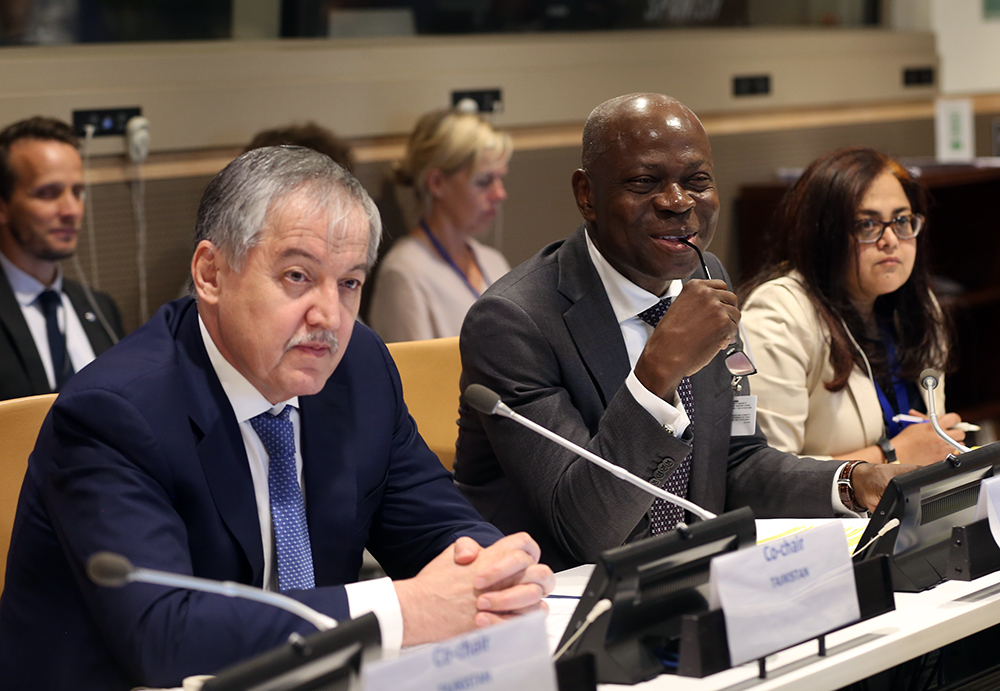
Sirojiddin Muhriddin, Minister of Foreign Affairs, Tajikistan; Gilbert Houngbo, UN-Water Chair; and Madhushree Chatterjee, Secretary, UN-Water
Highlights
- Liu Zhenmin, UN Under-Secretary-General for Economic and Social Affairs, said nature-based solutions are key to addressing the stress posed by climate change on water sources, and recommended ecosystem restoration as mitigation and adaption measure.
- Louise Blais, Permanent Mission of Canada, underscored the need for a green economy that is sustainable and makes water a solution to climate change, and said Canada is exploring innovative financing mechanisms to that end.
- Stuart Orr, WWF International, mentioned that WWF’s work has shown that return on investment in water projects is possible and nature-based solutions are feasible, adding that if all stakeholders work together countries can enjoy economic growth while implementing their nationally determined contributions (NDCs) and protecting the environment.
Kokhir Rasulzoda, Prime Minister, Tajikistan, noted that the number and intensity of natural disasters caused by climate change increased by 25% in Tajikistan, affecting both food security and energy access. He underscored that without adequate financing and transfer of clean technologies, all efforts to reduce CO2 emissions and the incidence of natural disasters are futile. He added that the International Decade for Action on Water for Sustainable Development 2018-2028 is important to promote dialogue on water issues and enable finding solutions to water challenges.
Josaia Voreqe Bainimarama, Prime Minister, Fiji, mentioned that 60% of Fiji’s electricity grids are fueled by Fiji’s waters. He presented national measures taken to address the challenges posed by climate chance, such as the pollution of rivers by natural disasters and the salinization of rivers caused by sea level rise.
Augusto Santos Silva, Minister of Foreign Affairs, Portugal, stressed the need for measures to prevent and address water scarcity, desertification, and water-related forced migration. Noting that the efficiency and availability of water supplies are some of Portugal’s current challenges, he mentioned that the government has started to take steps and institute policies and laws for water reuse.
Liu Zhenmin, UN Under-Secretary-General for Economic and Social Affairs, said nature-based solutions are key to address the stress posed by climate change on water sources, and recommended ecosystem restoration as mitigation and adaption measure. He said the International Decade for Action on Water for Sustainable Development 2018-2028 provides the opportunity to strengthen governmental cooperation for the implementation of the water-related global agreements.
Manuel Sager, Director-General, the Swiss Agency for Development and Cooperation, highlighted the need for multifaceted partnerships to find multifaceted diplomatic and technical solutions to water-related issues. To that end, he said, Switzerland launched the Blue Peace initiative, which will include a focus on sustainable investments in sustainable water management solutions.
Louise Blais, Permanent Mission of Canada, underscored the need for a green economy that is sustainable and makes water a solution to climate change, and said Canada is exploring innovative financing mechanisms to that end. She added that climate change mitigation can provide the rebirth for a different economy.
Omar Hilale, Permanent Representative of Morocco, said Morocco adopted a national water plan that will guide the building of a water infrastructure that helps address Morocco’s water-related challenges, as well as specific measures for the preservation of water resources and addressing draught and desertification.
Dmitry Chumakov, Permanent Mission of the Russian Federation to the UN, highlighted the value of water as a basis for nature-based solutions to climate change. He underscored the need to focus on sustainable water management backed by sound data and to carefully consider local ecosystems and economies in national adaptation plans.
Gilbert F. Houngbo, Chair, UN-Water, called for high-level political support and leadership on addressing water-related issues.
Henk Ovink, Special Envoy for International Water Affairs, the Netherlands, said water is the deal-breaker for climate and the environment and can be converted into the deal-maker, if it is better understood, and is evaluated from all points of view: environmental, economic, social, political, and cultural, and better managed at all levels.
Shamila Nair-Bedouelle, Assistant Director General for Natural Sciences, UNESCO, highlighted the role of human behavior in changing approaches to and management of water, and underscored the need to understand the cultural beliefs around water. To that end, she presented UNESCO’s idea of building a water and peace observatory.
Torgny Holmgren, Executive Director, Stockholm International Water Institute, said water needs to become a key part of the climate discussions and looked forward to the 25th session of the Conference of the Parties to the UN Framework Convention on Climate Change (UNFCCC COP 25) in Chile, which he said will be “the blue COP.”
Howard Bamsey, Global Chair, Global Water Partnership, said water is the core of climate change adaptation and called for its inclusion in national development plans and for prioritizing capacity-building on water issues as part of national adaptation strategies.
Claudia W. Sadoff, Director-General, The International Water Management Institute, invited focus on governance at the basin-scale, in order to ensure equitable access to and use of water resources by all segments of the population, including women, youth, and marginalized communities.
Jean-Louis Chaussade, Chairman, Suez, cautioned that if the environment is not protected, many countries’ GDP will decrease. To address the current water-related challenges, he said Suez is working with the World Bank to find solutions, adding that partnerships are key to increasing finance and the capacity to build resilient systems to climate change.
Stuart Orr, WWF International, mentioned that WWF’s work has shown that return on investment in water projects is possible and nature-based solutions are feasible, adding that if all stakeholders work together countries can enjoy economic growth while implementing NDCs and protecting the environment. In the ensuing discussion, participants raised issues related to, inter alia: the contribution of SDG 6 (clean water and sanitation) to advancing progress on SDG 7 (affordable and clean energy); the Budapest Water Summit to take place from 15-17 October 2019 in Hungary; the international fund for saving the Aral sea; and Finland’s plans to become carbon neutral by 2035 and carbon-negative soon after that.
Photos by IISD/ENB | Francis Dejon
For photo reprint permissions, please follow instructions at our Attribution Regulations for Meeting Photo Usage Page.
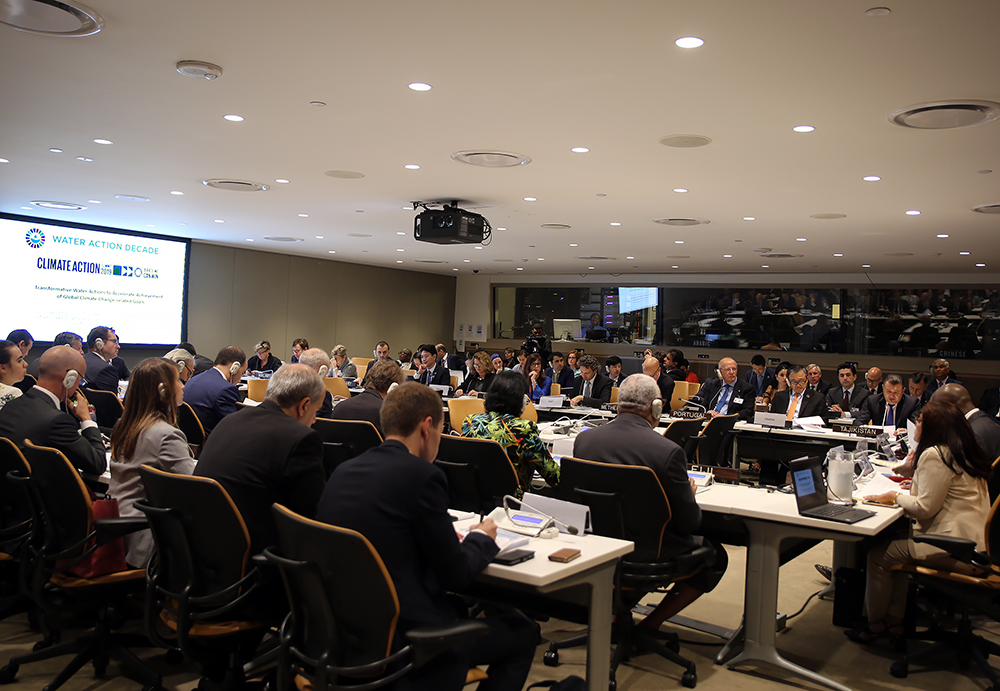
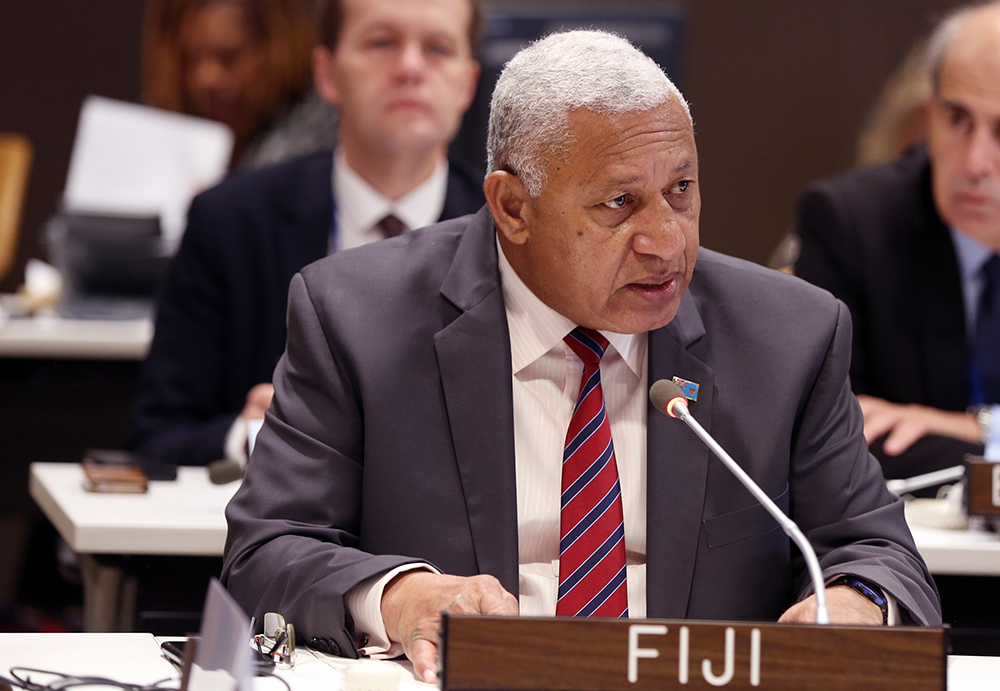
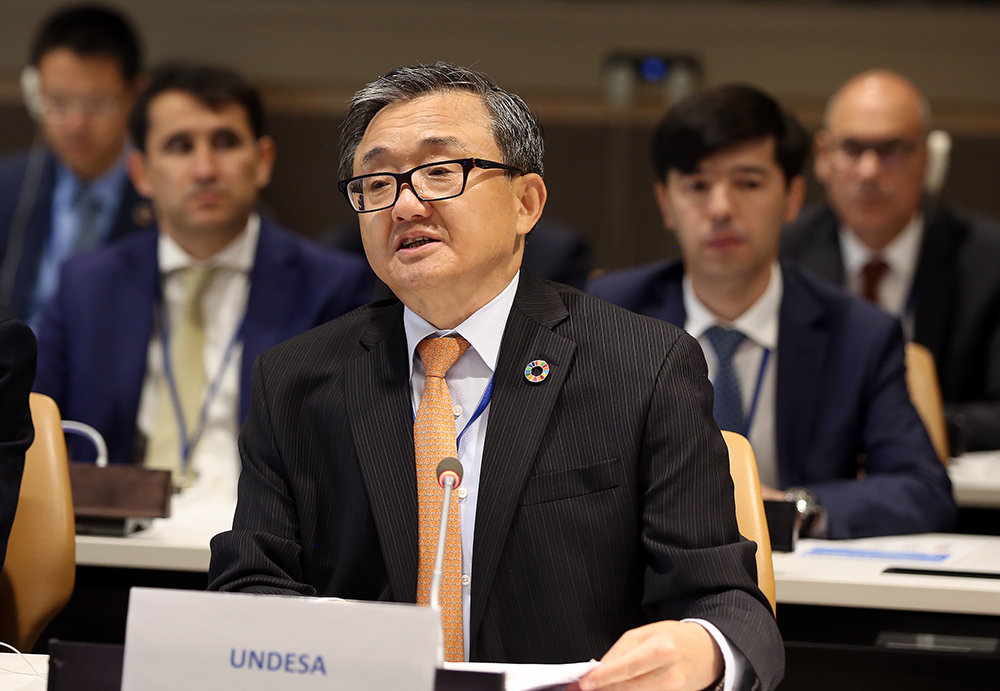
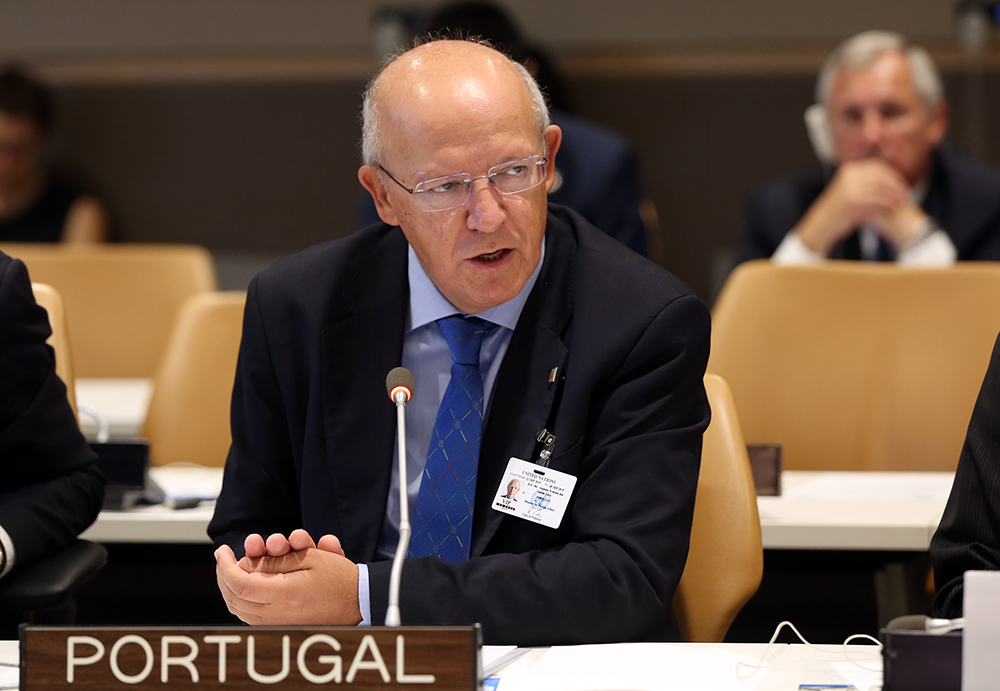
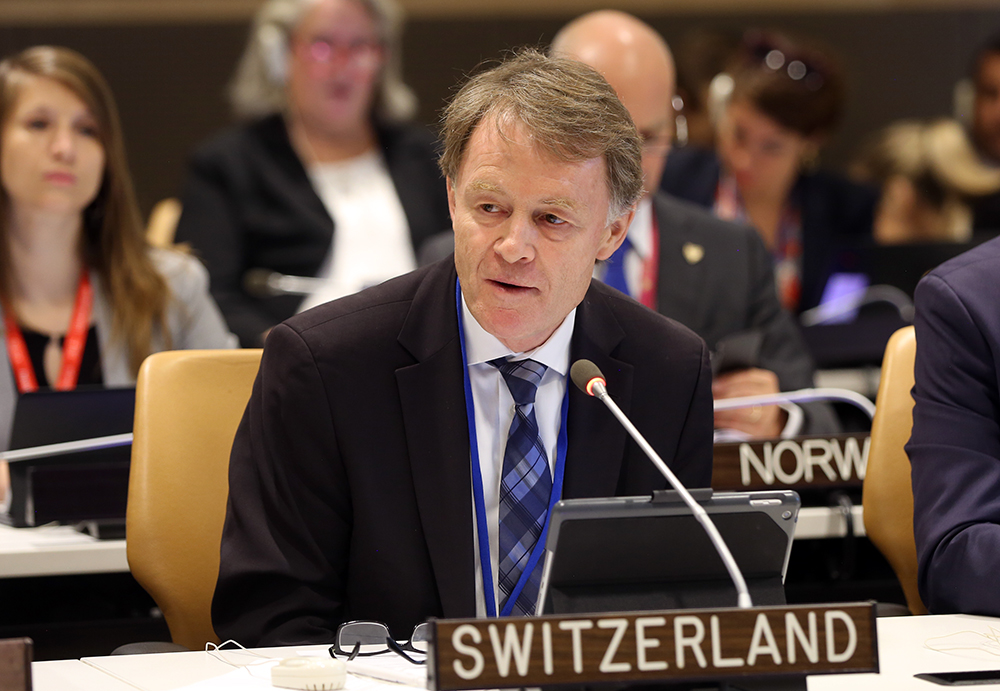
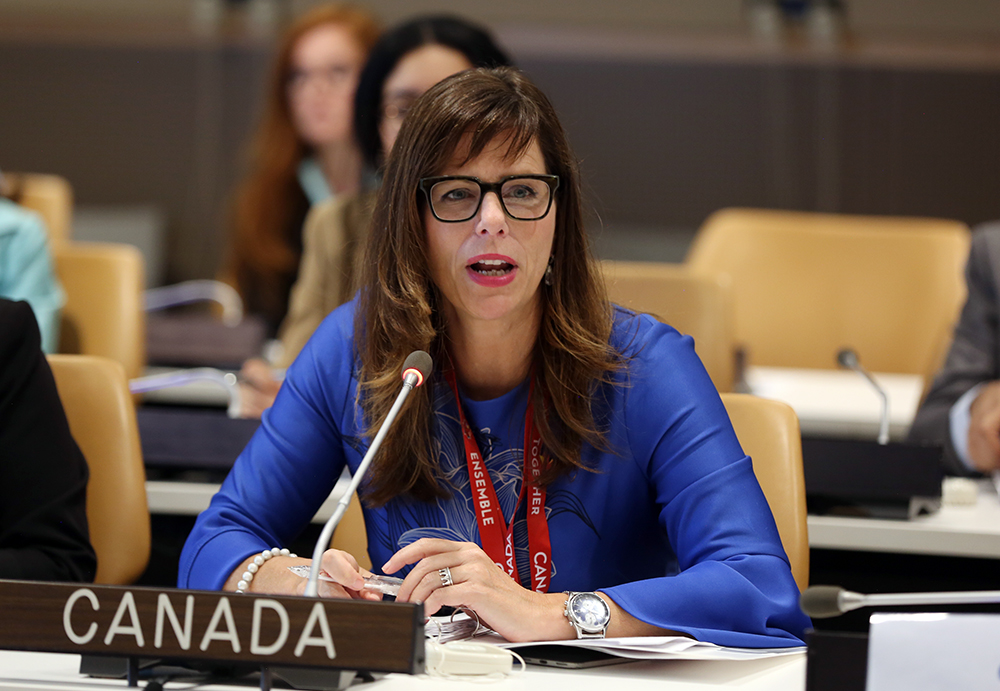
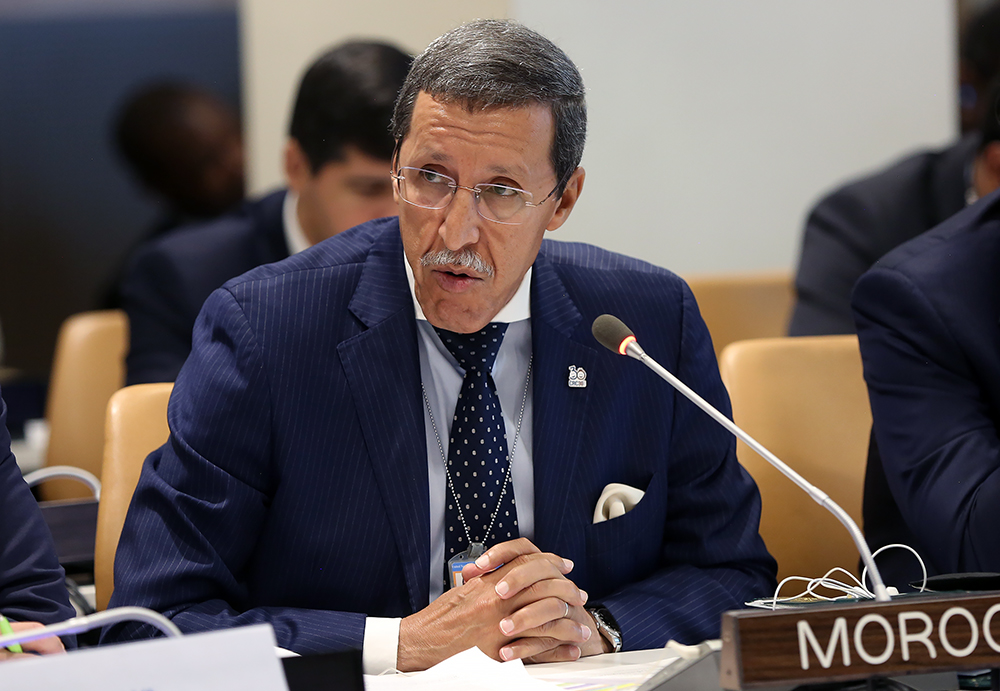
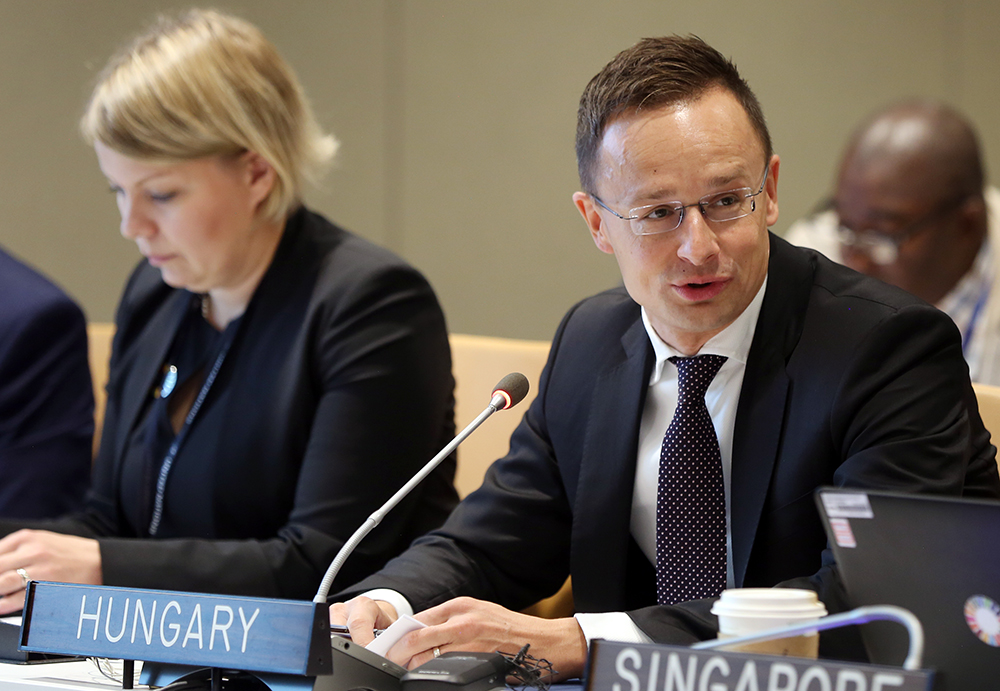
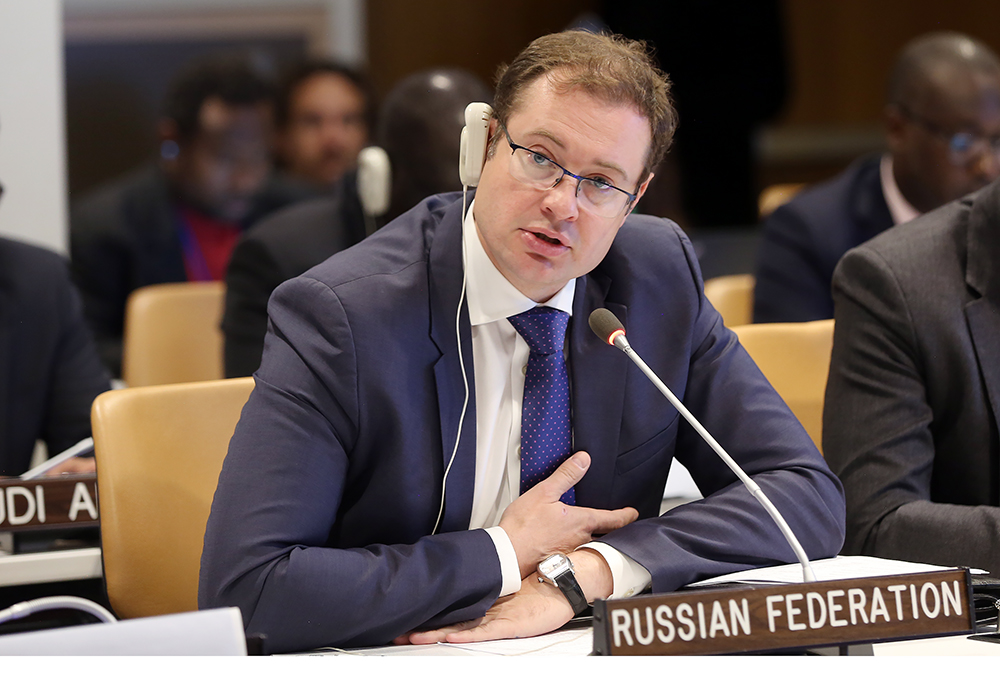
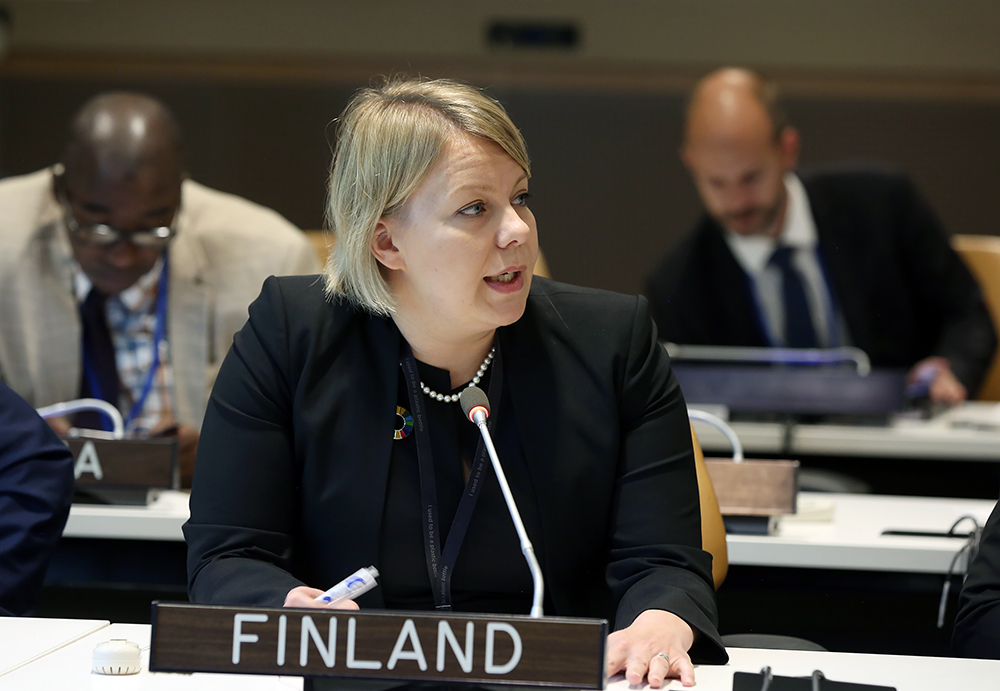
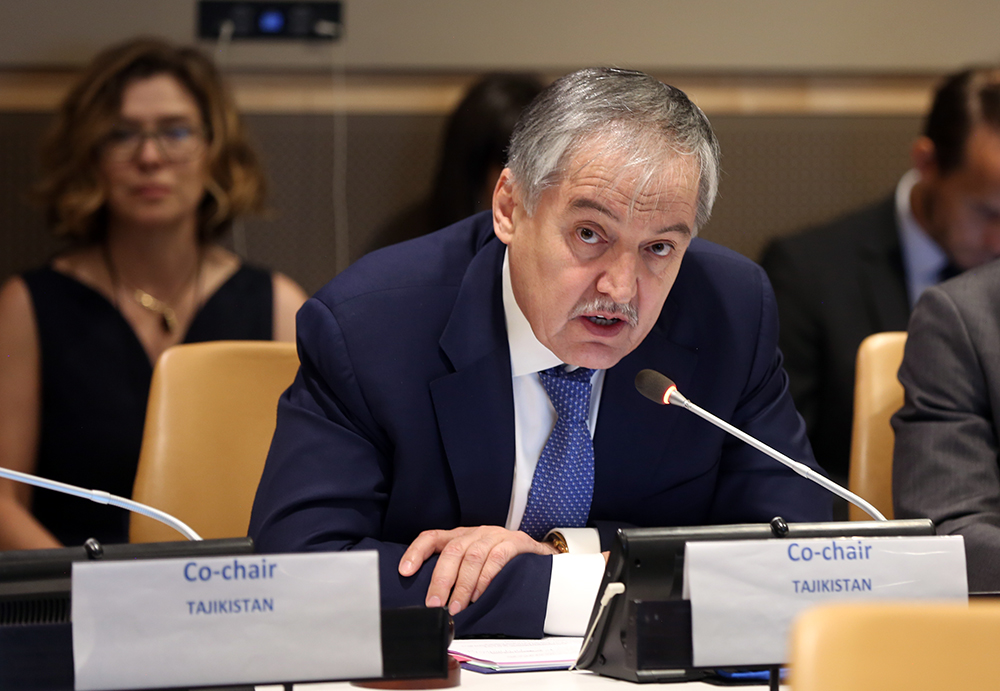
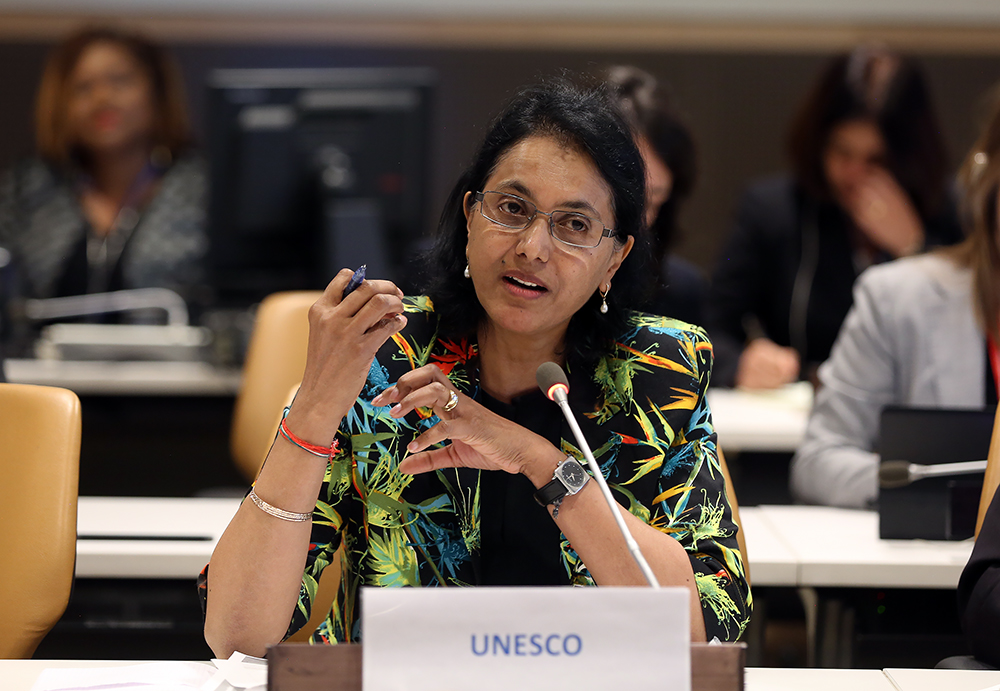
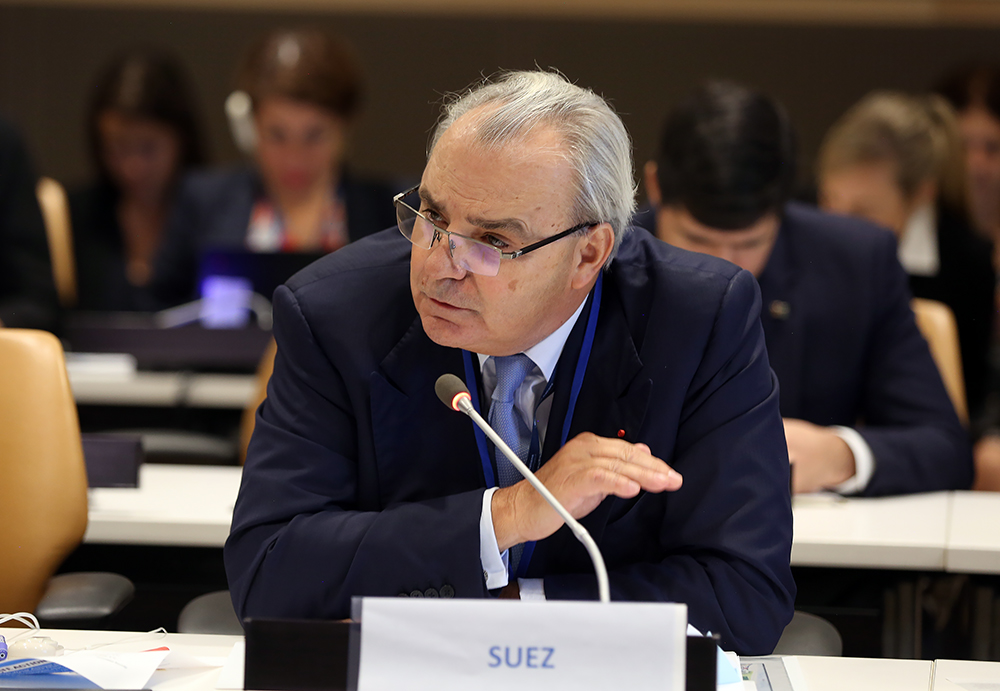
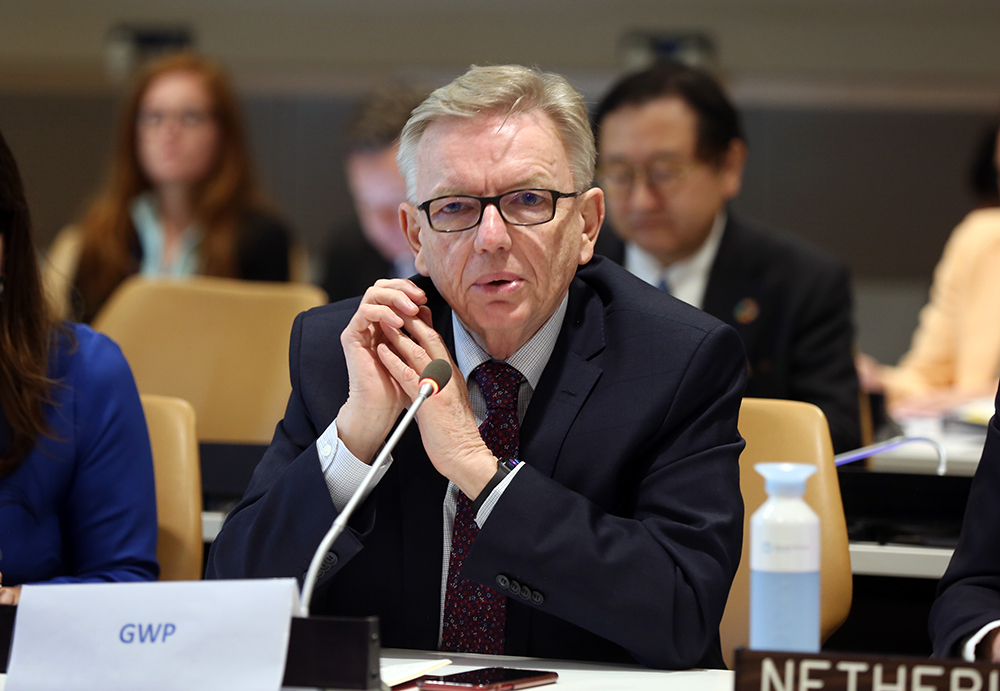
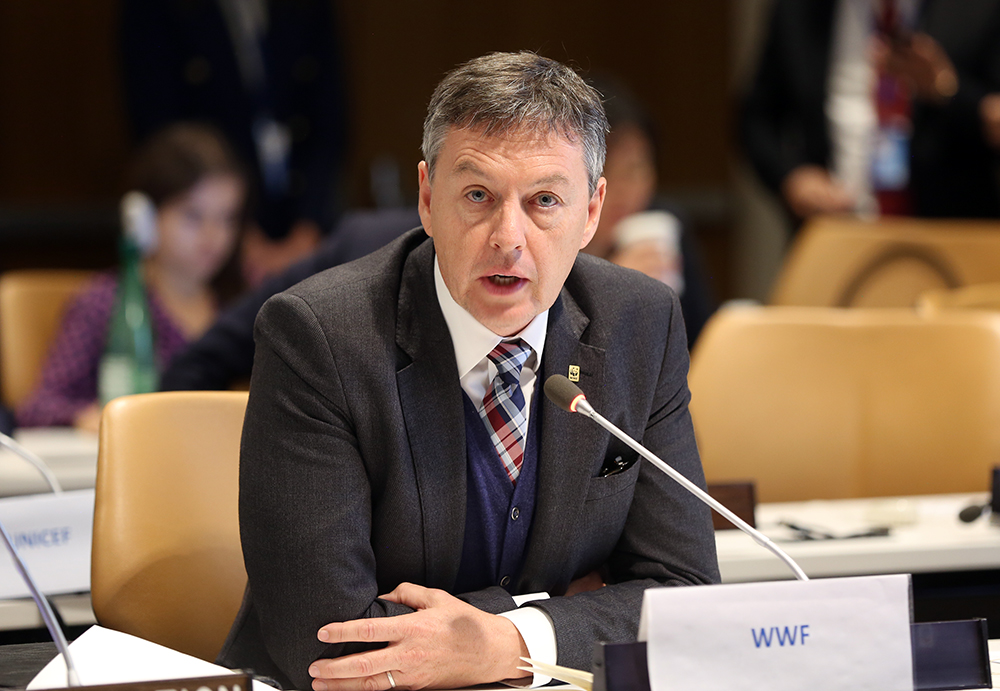
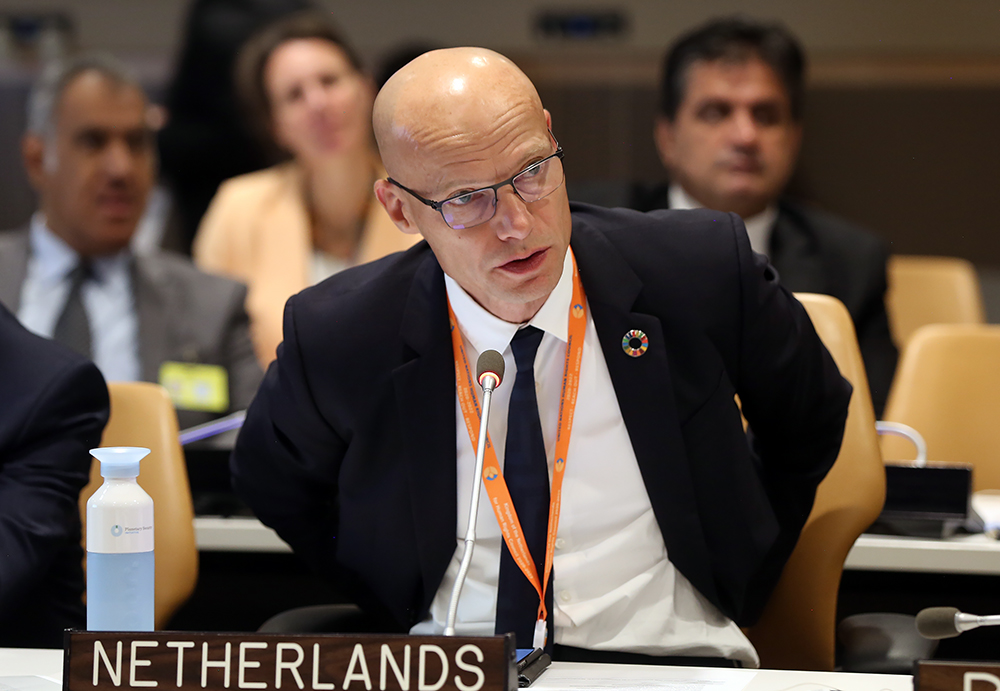
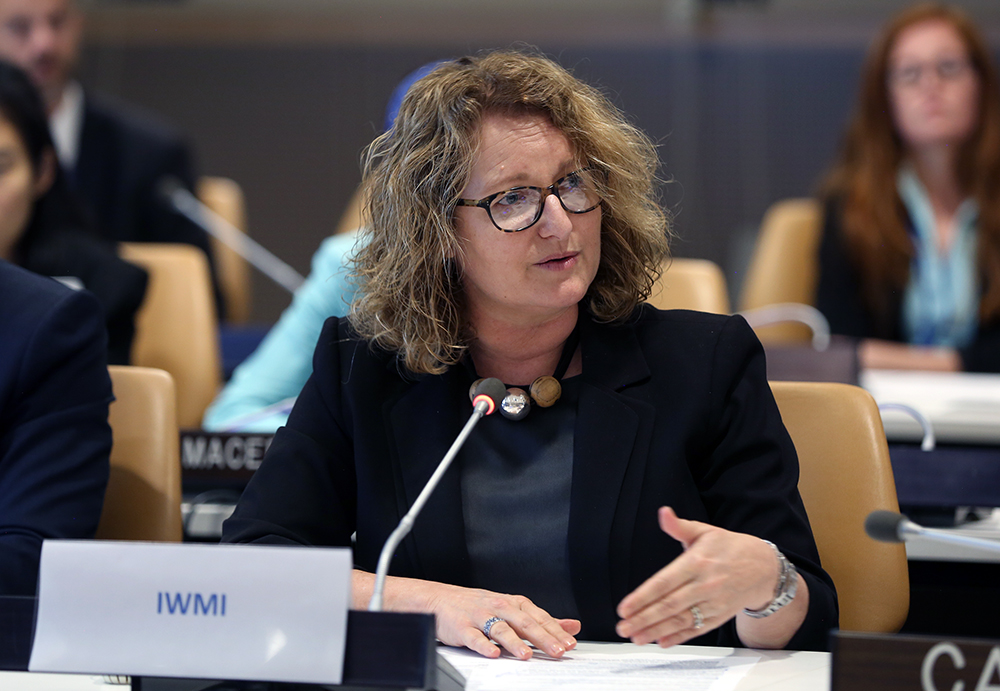
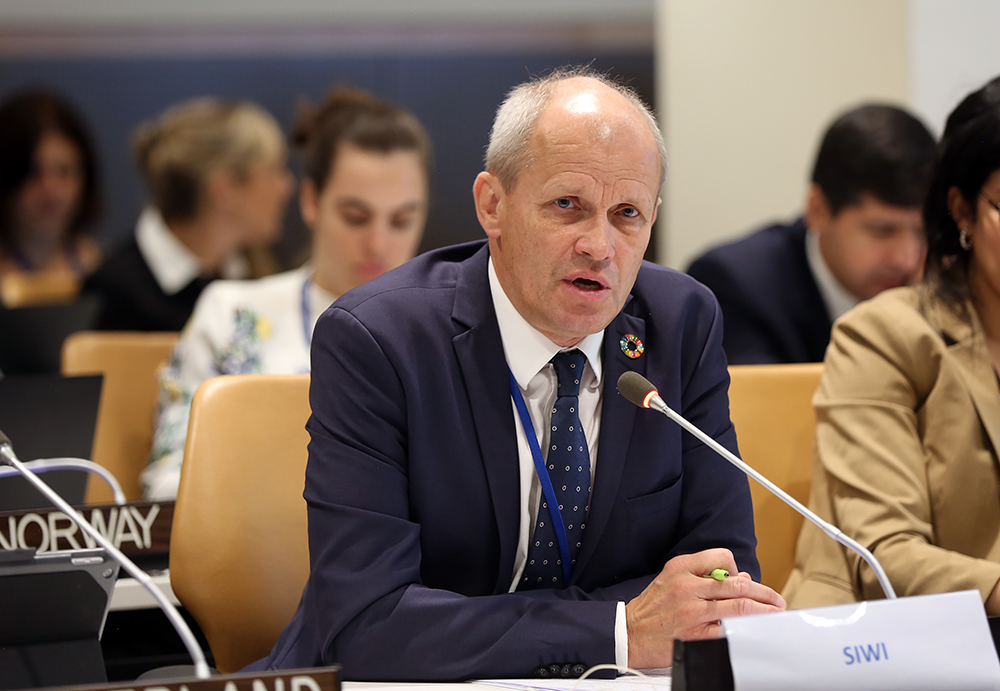

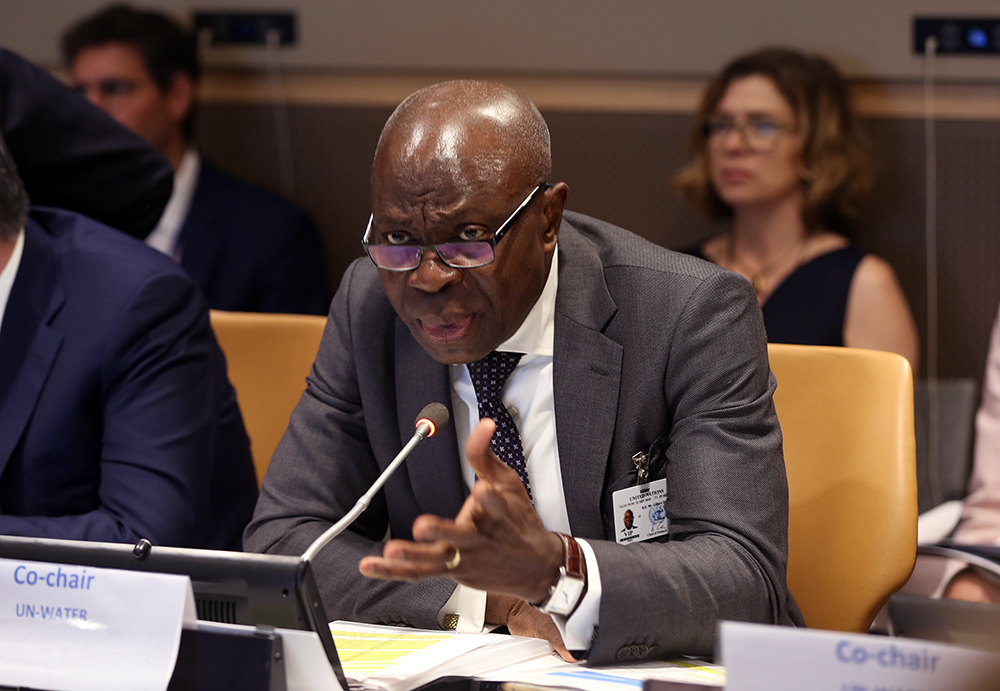
CONTACT
Nicolas Franke | franken@un.org
MORE INFORMATION